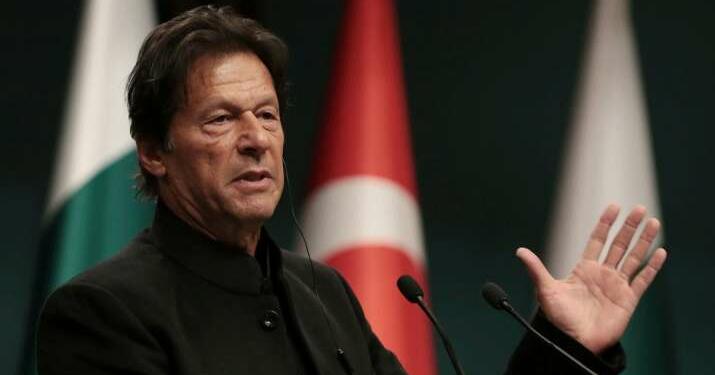Pakistan must have breathed a sigh of relief after the Joe Biden administration came to power in America as they hoped that the watchdogs would remove them from its FATF Grey list. Pakistan’s hope was shattered as this did not happen but yet despite being on the grey list, Pakistan still seemed least worried about taking action against the ongoing terrorism in the state.
Pakistan is well known for providing shelter to several terrorist groups, which the FATF wants to be prosecuted and punished. They are also the chief elements impeding the return of peace to war-torn Afghanistan once the United States fully withdraws itself from there. Pakistan is supposed to act against terrorist groups whose leaders and commanders include the Afghan Taliban, Haqqani Network, Lashkar-e-Taiba (LeT), Jaish-e-Mohammed (JeM), Jamaat-ud-Dawah (JuD), Falah-e-Insaniyat Foundation and al Qaeda and Islamic State.
The FATF has ordered the Pakistani government to complete three tasks which include: demonstrating terrorists financing investigations and prosecutions target persons and entities acting on behalf or at the direction of the designated persons or entities, demonstrating that terrorist financing prosecutions result in effective, proportionate and dissuasive sanctions and demonstrating effective implementation of targeted financial sanctions against all 1,267 and 1,373 terrorists, but no actions have been taken regarding the same. Fabien Baussart from Times of Israel said in his blog that Pakistan must be “hoping” that the FATF’s insistence on investigating and prosecuting leaders of terror groups living on Pakistani territory does not clash with the role it wants in influencing the future of Afghanistan
It has been well known that Joe Biden won the election by making anti-trump promises which made Pakistan hope for a bilateral reset. As soon as Joe Biden took over the haunting in January, he tried to stop and reverse everything that Donald Trump did. Whether you talk about the Iran nuclear deal or the refugees coming from the Mexico border. Although the Biden government has been the exact opposite of the Trump government, in the case of Pakistan, both the administrations have lambasted Pakistan on the matter of terror and listed it in their Increased Monitoring List called the ‘Grey List’.
According to the US’s Country Report on Terrorism 2019, Pakistan has not taken any concrete steps to eliminate terrorist groups operating deep-rooted in its soil. The report noted that “Pakistan continues to act as a safe haven for some regionally focused terrorist groups.” This has allowed terror groups to conduct attacks against Afghanistan, including the Afghan Taliban and HQN, as well as the terror attack groups on India, which include Lashkar and its affiliated front organizations, and Jaish, are all operating from Pakistan. In its report, America has described Pakistan as a threat to both Afghanistan and India.
The Pakistani army has been funding jihad from Afghanistan to the Kashmir Valley. The anti-Soviet jihad of the 1980s, as well as the terror activities in Kashmir, required an uninterrupted flow of capital. This was earned through drug trafficking. Pakistani military and the ISI have used Pakistan as a domestic market for the consumption of heroin. Due to which, hundreds of thousands fell prey to a drug culture that was encouraged by the Pakistani military establishment in the 1980s.
Indeed, the Joe Biden administration seem softer than the Trump administration in taking a tough stance on radical Islamic countries sponsoring terrorist groups, but in this situation the tables have turned as Pakistan was still expecting the Biden administration to remove them from the FATF grey list, but even the Biden administration had turned down the plans of Imran Khan by ignoring Pakistan’s hopeful outreach for rapprochement.
Although the grey list is a sort of warning note for any country on it, which also means the country should have been focused and committed to resolve swiftly the identified strategic deficiencies within agreed timeframes. But Pakistan seemed least bothered about taking action against terrorist groups, despite being in the spotlight of the FATF’s ‘grey list’.
























